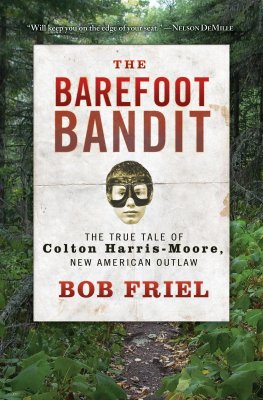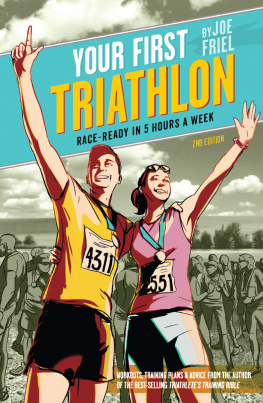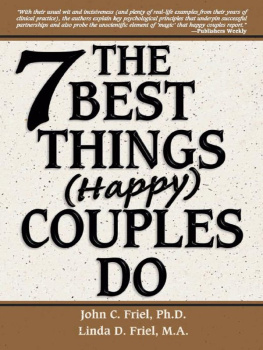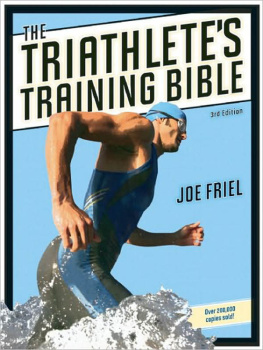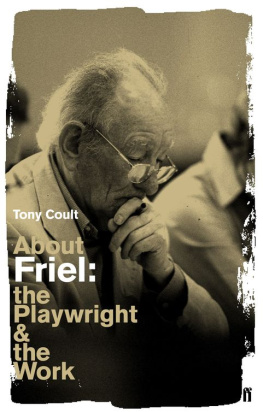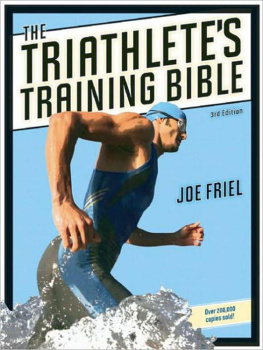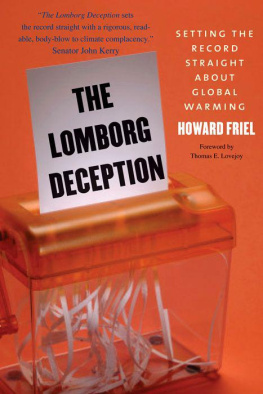Brian Friels Dramatic Artistry: The Work Has Value
Edited by
Donald E. Morse, Csilla Bertha, and Mria Kurdi
Essays taken from The Hungarian Journal of English and American Studies
A Carysfort Press eBook
~~~~
First published in Ireland in 2006 as a paperback original by Carysfort Press, 58 Woodfield, Scholarstown Road Dublin 16, Ireland
2006 Copyright remains with the authors
Typeset by Carysfort Press
Cover design by Alan Bennis
Digitized By Green Lamp Media
Printed and bound by eprint limited
Unit 35, Coolmine Industrial Estate, Dublin 16, Ireland
This ebook is published with the financial assistance of The Arts Council (An Chomhairle Ealaon), Dublin, Ireland Caution:
All rights reserved. No part of this book may be printed or reproduced or utilized in any form or by any electronic, mechanical, or other means, now known or hereafter invented including photocopying and recording, or in any information storage or retrieval system without permission in writing from the publishers.
This ebook is sold subject to the conditions that it shall not, by way of trade or otherwise, be lent, resold, hired out, or otherwise circulated in any form of binding, or cover other than that in which it is published and without a similar condition, including this condition,being imposed on the subsequent purchaser.
Table of Contents
1 Introduction: Transparent, Oblique Voices
Paulo Eduardo Carvalho
Brian Friels seventieth birthday in 1999 was celebrated in Ireland with honours only rarely accorded to living authors. In the footsteps of the Gate Theatres Beckett Festival, in 1991, and the subsequent Pinter Festivals (1997, 2001), a tribute festival was organized with the participation of the Abbey Theatre, the Gate, the Lyric Theatre, and the Royal Shakespeare Company, presenting old and new productions of plays including The Freedom of the City , Dancing at Lughnasa , Living Quarters , Making History , Aristocrats , A Month in the Country , Give Me Your Answer, Do! , and Lovers . The Festival also held an Academic Conference organized by University College Dublin, as well as an exhibition at the National Gallery, pre-show and post-show talks and discussions and public readings of other plays such as The Enemy Within and The Mundy Scheme . But one of the more lasting consequences of this initiative was the publication of a special issue of the Irish University Review (IUR) dedicated to Brian Friel. Edited by Anthony Roche, this volume gathered sixteen essays, contributed by an almost exclusive Irish-Anglo-American group of scholars, the only exception being Csilla Bertha, from Kossuth University, Debrecen, Hungary.
As I suggested, one of the most positive consequences of these celebrations, at least in more scholarly terms, is precisely that which survives time and travels better, like books and journals. 1999 naturally saw the appearance of a highly significant number of publications dedicated to Friels oeuvre , among which, and besides the already mentioned special issue of the IUR, the long much-needed collection of Friels Essays, Diaries, Interviews: 1954-1999 , edited by Christopher Murray and published by Faber (a format which was resumed the following year with Brian Friel in Conversation , edited by Paul Delaney and published by the University of Michigan Press); and another monograph dedicated to the playwright, Brian Friels (Post)Colonial Drama: Language, Illusion and Politics by F.C. McGrath, Syracuse University Press, adding to the previous and valuable contributions of D.E.S. Maxwell (1973), Ulf Dantanus (1998), George OBrien (1989), Richard Pine (1990, 1999), Elmer Andrews (1995), and Martine Pelletier (1997). The proof, if any was needed, that the interest for that Irish playwrights work survived the seventieth birthday celebrations is that new books continued to appear over the following years, such as Nesta Joness new Faber Critical Guide (2000), Tony Corbets Brian Friel: Decoding the Language of the Tribe (Liffey Press, 2002), Richard Harp and Robert C. Evanss (editors) A Companion to Brian Friel (Locust Hill Press, 2002), and Tony Coults About Friel: The Playwright and His Work (Faber and Faber, 2003).
This abundance of publications, which should be complemented by a reference to countless chapters and essays in other books and academic journals, could make the publication of another volume of previously published essays dedicated to Brian Friel a rather expected and normal initiative, unworthy of any special consideration. What is not at all usual, however, is when the initiative comes from a non-English-speaking country, like Hungary, a country where there are already sufficient grounds for a study on the reception of Friels plays, as both Csilla Bertha and Mria Kurdi told us in their informed Hungarian Perspectives on Brian Friels Theatre after Dancing at Lughnasa (published in Druids, Dudes and Beauty Queens: The Changing Face of Irish Theatre , edited by Dermot Bolger, New Island, 2001). The present project proves to be all the more relevant because the editors Donald E. Morse, Csilla Bertha, and Mria Kurdi managed to gather the contributions of a broad spectrum of scholars and theatre practitioners, not only from Ireland, England, and the United States, but also from Germany, Italy, Portugal, and, naturally, Hungary, thus opening up possibilities, if not for more varied, at least for more alien perspectives on the work of this deservedly celebrated playwright.
Csilla Bertha was, in 1996, the guest-editor of a special issue on Irish Drama of the Hungarian Journal of English and American Studies (HJEAS), with a representative international panel of contributors. And in 1999, the same HJEAS gave a renewed demonstration of its commitment and attention to the field of Irish Studies by inviting Mria Kurdi to edit a special issue in honour of Brian Friel at 70. Ten of the fourteen texts collected in Brian Friels Dramatic Artistry The Work Has Value gather precisely the contributions from those two issues, complemented by another one published in a later issue of HJEAS (8.1.2002) and, finally, another three with different origins.
The editors decided to distribute these fourteen texts under various headings, not only with thematic implications, but also with some more technical or structural considerations, thus creating a provisional cartography for the reader: Portraits of the Artist, Ambiguities of Language, Psychological and Spiritual Torments, Ritual and Ceremony, Disability and Empowerment, and Politics in and of the Theatre. Taking advantage of the Frielian suggestion that confusion is not an ignoble condition, I will follow an alternative route, convinced that this might contribute to the multiplication of dialogues and arguments established by this network of necessarily partial perspectives on the vast, valuable, and complex body of work accumulated by Brian Friel over approximately half a century.
In contrast to the work of many of his fellow playwrights of the same generation, like Tom Murphy or Thomas Kilroy, for instance, Friels plays have travelled very well among different cultures and theatrical traditions, being studied, translated, and produced in a countless number of languages and countries, and this in spite of the persistent Irish nature of their concerns and cultural references. In Maria Kurdis interview with Richard Pine at the end of this volume, he suggests that:
people are attracted to his work for two reasons, which may seem contradictory. One is the transparency When you pick up a copy of a play, you hold a whole world in your hand. And the contradictory thing is the difficulty of actually trying to describe it, it is a tremendous challenge (318).
Due to this, and perhaps to a more complex set of reasons and circumstances that would be interesting to explore with greater depth, Friel has continued Synges and OCaseys international reputation, while also, and most curiously, anticipating some of the attention that is currently being given, deservedly or not, to the work of younger playwrights like Frank McGuinness, Billy Roche, Marina Carr, Conor McPherson, Martin McDonagh, Enda Walsh, and Mark ORowe. The appeal of Friels plays in many non-English-speaking countries, and thus in translation, is a fact that surely deserves greater attention than has been accorded to it.


